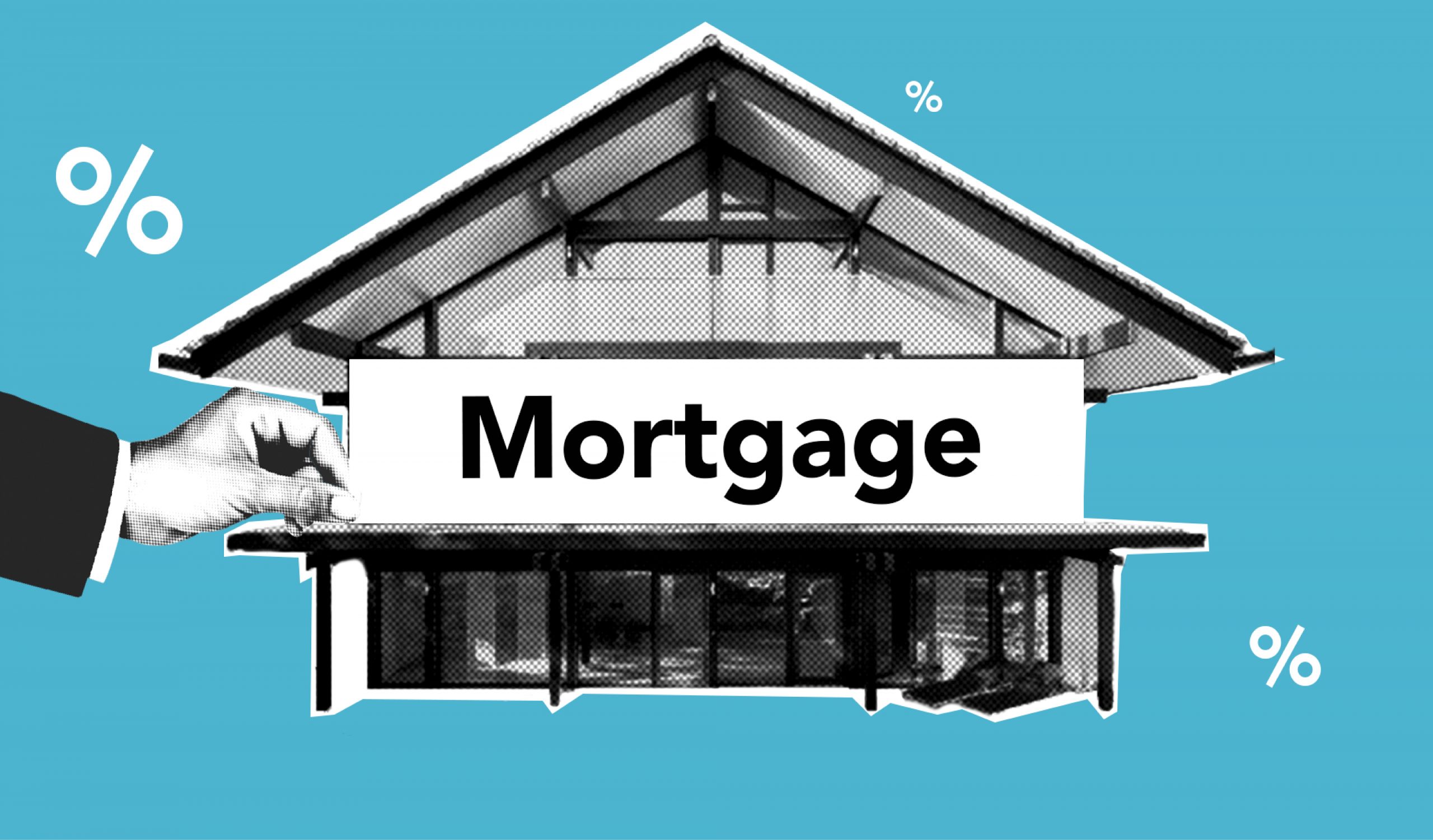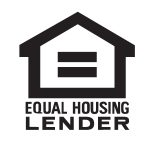We understand that mortgages can be an overwhelming topic to think about, but we are here to help make it easier. From discussing the different types of mortgages to exploring mortgage rates and what to consider when selecting a lender, we have you covered everything here. We will also provide guidance on the steps to take when applying for a mortgage, including what documents you need to have in order.
Furthermore, you will gain knowledge on how to best choose a mortgage that fits your financial needs. With this all-inclusive guide, you will be able to confidently understand the home-buying process and make the best decision for your future.
Keep reading to learn more!
What is a Mortgage and How Does it Work?
A mortgage is a loan that is used to buy or refinance a house or any other real estate property. It is a type of secured loan, which means that the house or real estate property itself is used as collateral against the loan. The borrower agrees to pay back the loan with interest over a fixed period of time, usually 15 or 30 years.
Know the Difference: Loan Vs. Mortgage
The loan is the lump sum amount that a borrower receives by agreeing to all terms & conditions of the lender.
Whereas Mortgage is a kind of secured loan that includes the foreclosure process. It means the lender has the authority to possess your property if the borrower somehow can’t pay further installments.
The Parties involved in the Mortgage:
In every real estate mortgage transaction, there are mainly three parties involved including
- Lender (bank or credit union)
- Borrower
- Maybe a Co-signer
Lender
A private lender lends you the money so you can get the right home. In order to get qualified, you have to complete the verification process conducted by the lender. It includes verifying your personal and financial information like income, credit history, assets, any other loans, etc. to make sure the applicant has the potential to pay the monthly installments.
Borrower
The applicant who borrows money from private lenders, banks, or other credit unions to buy a house or other property. A Co-borrower may exist in the loan in case you are planning to buy an expensive home.
Co-Signer
Sometimes lenders may ask you to include a co-signer in the legal contract, f the borrower has no or bad credit history. A co-signer holds the responsibility for paying the monthly installments if the applicant default on the loan.
Exploring Different Types of Mortgages

A Plethora of loan options are offered by Credit unions and Banks depending on your income, saving, budget, and certain other factors. But, there are two popular types of mortgages that you should know about, and they are:
Fixed-rate mortgage
The most common type of mortgage that features an interest rate that remains fixed for the life of the loan, making budgeting and long-term planning easier.
Adjustable-rate mortgage
An adjustable-rate mortgage, or ARM, has an interest rate that adjusts periodically based on the current market condition
These loan types are further classified
Conventional Conforming Loans
The term conventional indicates that these loans are not supported by the federal government. So, that means such mortgages are approved by private lenders under the set standard criteria of Fannie Mae and Freddie Mac. Both these loan-buying enterprises are sponsored by the government.
How do conforming loans work?
For borrowers with excellent credit, conforming loans are advantageous due to their low-interest rates. They typically have lower down payment requirements and are more lenient with credit scores than other types of loans, making them attractive to borrowers who have limited cash reserves or spotty credit history.
You can easily get a conforming loan with a 3% down payment. But, you’ll have to pay a monthly installment of private mortgage insurance (PMI) for the lender’s safety.
Non-Conforming Loans
These loan types are government insured and best for first-time buyers or borrowers with low to medium income. The best part is even the candidates with a bad credit history are eligible for non-conforming loans. It includes:
- FHA (Federal Housing Administration) Loans
- VA (U.S. Department of Veterans Affairs) Loans
- USDA (U.S. Department of Agriculture) Loans ( only for eligible rural areas)
Jumbo Loans: Conventional Non-Conforming Loans
Jumbo smart loans are meant for borrowers who want to buy the expensive houses (such as buying a multi family home) with limit as high as $1,00,000, or more. Such loans are provided by the private lenders and are not government insured. Jumbo loans are not subject to any lending limits.
How to qualify for a jumbo mortgage?
To get approved for jumbo loan, the borrower needs to pay a minimum of 20% down payment, and complete the legal documentation formalities.
How the lender determined the interest rates?
Lenders considers various factors like credit score, your financial condition, etc. to determine the mortgage rates. But, two most prominent factors that helps them setting your interest rate are:
- Current market rate
- The Level of risk
The borrowers can save about $1500 if they have the chance to obtain even one offer, according to Freddie Mac’s research. It’s better to consider the annual percentage rate (APR) if you want to get the best rate possible for your mortgage.
Shopping for a Mortgage: How to Compare Different Mortgages
1. Consider the Interest Rate
Start by familiarizing yourself with the different types of interest rates, including fixed and adjustable rate mortgages (ARMs). You should also consider the annual percentage rate (APR) and points, which are fees associated with taking out a loan.
2. Consider Your Budget
Once you’ve identified the interest rate options available, the next step is to decide which one best fits your budget
Applying for a Mortgage: The Steps and Documentation Needed
1. Gather Financial Information
Before you apply for a mortgage loan, it is important to have an accurate and complete picture of your financial situation. This includes gathering your bank statements, income records, tax returns, and other financial documents.
2. Get Pre-Approved
Getting pre-approved for a mortgage loan means that a lender has looked at your financial information and determined the amount for which you can be approved for a loan. It’s better to find a suitable real estate agent in your local seller’s market to immediately get a mortgage pre-approval letter.
If you want to know how much home you can afford, we suggest using a home affordability calculator.
What is All-Cash Purchase?
Many sellers prefer to choose buyers who can immediately pay the house value, so they don’t have to wait for the buyer’s pre-approval letter from the lender. This process is known as an All-Cash Offer where the buyer has to attach the proof of funds letter to complete the real estate transaction.

3. Compare homes & Make An Offer
Find the best real estate agent in your local area who can look around for the right home, negotiate with the seller, and handle the documentation. You can also research properties online using MLS (multiple listing service).
Closing on a Mortgage: What to Expect in the Final Process
Closing on a mortgage is a complex process with a few steps, but understanding the basics of what to expect can make the experience easier and less stressful.
1. Appraisal
The lender will order an appraisal of the property to ensure that the home is worth the amount of money that is being lent.
2. Final Approval
The lender will review all documents and credit information to give the final approval of the loan.
3. Loan Closing
This is the meeting with all parties involved in the transaction to sign all final documents and pay all closing costs.
4. Funding
The lender will wire the funds to the title company to pay off any liens or fees associated with the closing and to provide the buyer with the remaining balance.
5. Title Transfer
The title company will transfer the title of the property to the buyer’s name.
6. Possession
Once the real estate transaction is complete, the buyers will be given the keys to their new home.
Common Mortgage Terms and Definitions: Explaining the Lingo
Amortization
The process of reducing a loan balance over time through regular payments of principal (the amount borrowed) and interest.
APR (Annual Percentage Rate)
The total cost of borrowing expressed as an annual rate. The APR includes not only the interest rate but also other fees charged by the lender.
Down Payment
Its the money paid upfront to the lender while buying a home. The size of the down payment may vary depending on the type of home loan. The higher the down payment, the lower will be the interest rate. You can also use a mortgage calculator to determine the house value and size of the down payment.
Escrow
Some mortgages come with forma escrow account to pay the expenses like PMI,(private mortgage insurance), and property taxes.
Note: The amount that will be deducted from your escrow account may vary depending on the real estate market value.
Interest Rate
It’s the fee charged by the lender for borrowing the money. Interest is the percentage of original loan amount that a borrower has to pay every month. Interest rate may vary depending on the type of loan, income, credit score, and other valuable factors.
Mortgage Note
It’s the promissory or legal document (agreed upon by both the parties) that carries the details about loan repayment. Once the loan is paid, the mortgage note is returned to the borrower. It includes:
- ARM or fixed Interest rate (as decided)
- Percentage of Interest rate
- loan term
- Total Amount to be paid back.
Note: If somehow, the borrower is unable to pay back the total loan amount, the lender may possess your property.
Loan Servicer
Many mortgage providing companies offer the loan servicing facility. Loan servicer may or may not be the same firm. It upholds the responsibility for providing:
- Monthly Mortgage Statements
- Processing Payments
- Managing Escrow Account, and
- Resolving Other Inquiries.
FAQs about Mortgage
Who can get a mortgage?
Home buyers who can’t pay the full house price can apply for a mortgage. Even many people choose to buy homes using mortgages despite having money to avoid tax deductions.
What is the difference between Pre-approval & pre-qualification?
To get prequalified, you have to share an estimate (written/ verbal) of your property & income with your lender.
For getting a Mortgage preapproval letter, the lender first verifies your financial status, assets, credit score, etc. to make sure you have the potential to easily pay off your monthly installments.
Conclusion
Understanding the basics of mortgages and the associated terms is an important part of securing a loan. Knowing what to expect and doing research on the different options available can help individuals better prepare and make more informed decisions when it comes to choosing the right mortgage for them. With a little bit of knowledge and diligence, you can find the perfect loan for your needs.





